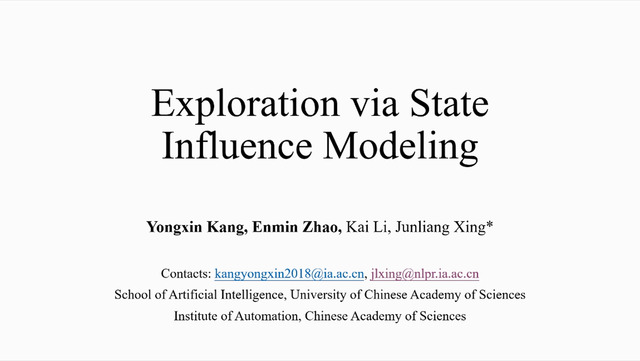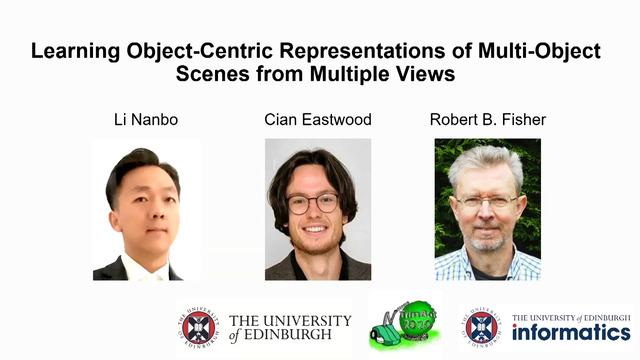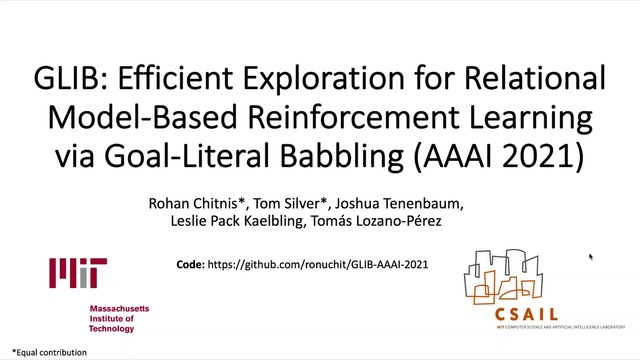Abstract:
To solve complex tasks, intelligent agents first need to explore their environments. However, providing manual feedback to agents during exploration can be challenging. This work focuses on task-agnostic exploration, where an agent explores a visual environment without yet knowing the tasks it will later be asked to solve. While current methods often learn reactive exploration behaviors to maximize retrospective novelty, we learn a world model trained from images to plan for expected surprise. Novelty is estimated as ensemble disagreement in the latent space of the world model. Exploring and learning the world model without rewards, our approach, latent disagreement (LD), efficiently adapts to a range of control tasks with high-dimensional image inputs.









































